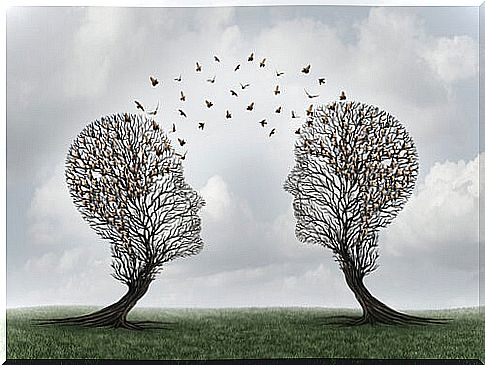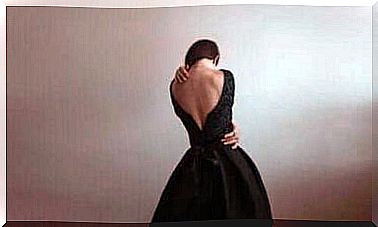In 3 Steps To More Charisma

Who doesn’t want it? More charisma, more charisma? Because our charisma not only determines how popular and respected we are, but also has an impact on our professional success. Charismatic people openly approach others and infect them with their positive energy, they make the audience feel that they are the focus. And these qualities are not innate, but can be learned.
Here are three effective and science-based ways you can use simple steps to gain more charisma.
Words make people
In a study on charisma in language, researchers around JE Bauer analyzed debates in the US presidential elections from 1960-2012 in terms of various rhetorical features. Their impact on the audience was then measured in relation to the actual election results. In doing so, they found that the most successful candidate used a combination of the following elements: emphasis on resemblance to the audience, appreciation of the audience, connection between past and present, and emphasis on the advantageousness of the future state over the old. The researchers also found that former President Barack Obama, who most people attribute more charisma than his colleagues, uses more metaphors in his speeches than other speakers, which sweeps the audience away.
“Charisma – not a gift from God, but hard work.”
Jennifer Withelm
For your speeches and presentations in a professional or private context, this would mean: emphasizing the similarity with the audience, expressing your appreciation for them and using more metaphors – this will make it easy for you to make an impression.

Our posture strengthens us
Studies of the effects of our body language on our charisma show that we don’t just make an impression with language. Researchers have found that our posture affects how we feel to a not insignificant extent, and that it also modulates our behavior as a result.
In one study, participants were asked to maintain a posture that expressed power or helplessness for one minute. The groups were divided up at random. Then the participants were asked to fill out questionnaires and rate themselves. The participants who had adopted powerful postures felt more confident and were more open to opportunities.
Our posture and body language not only influence how others perceive us, but also how we see ourselves, how self-confident and open we feel and how we meet others.
Try it: Stand a little slumped in your shoulders and try to make a convincing speech. Then stand erect, straight and stretched out chest, take up space and give the same speech.
Mindful in the now
Ellen Langer explored a very different aspect of charisma: mindfulness. Mindful is someone who is present, who devotes his undivided attention to his counterpart and at the same time appears with a non-judgmental attitude.
Langer’s studies have clearly shown that mindful people appear more charismatic. A study examined musicians in a symphony orchestra who had to play the same piece over and over again during their performances. A group of musicians were instructed to perform the same gig as last time. Another group of musicians, on the other hand, was told that they should deliberately design their performance in the here and now. The audience was then asked about their opinion of the performances: The majority of the audience preferred the performance of the group that had played mindfully.
“Charisma is a spark in people that cannot be bought with money. It is an invisible energy with visible effects. “
Marianne Williamson
Similar studies were also conducted with female managers who had to deliver a speech: the audience clearly preferred the speakers who were instructed to speak with mindfulness.

The first step to more mindfulness is to consciously live in the here and now instead of commenting on what has happened in our thoughts. Simple ways to learn mindfulness are meditation and mindfulness-based stress management. Try it out – with a little practice you can easily achieve more charisma through more mindfulness, a conscious posture and rhetorical means.









